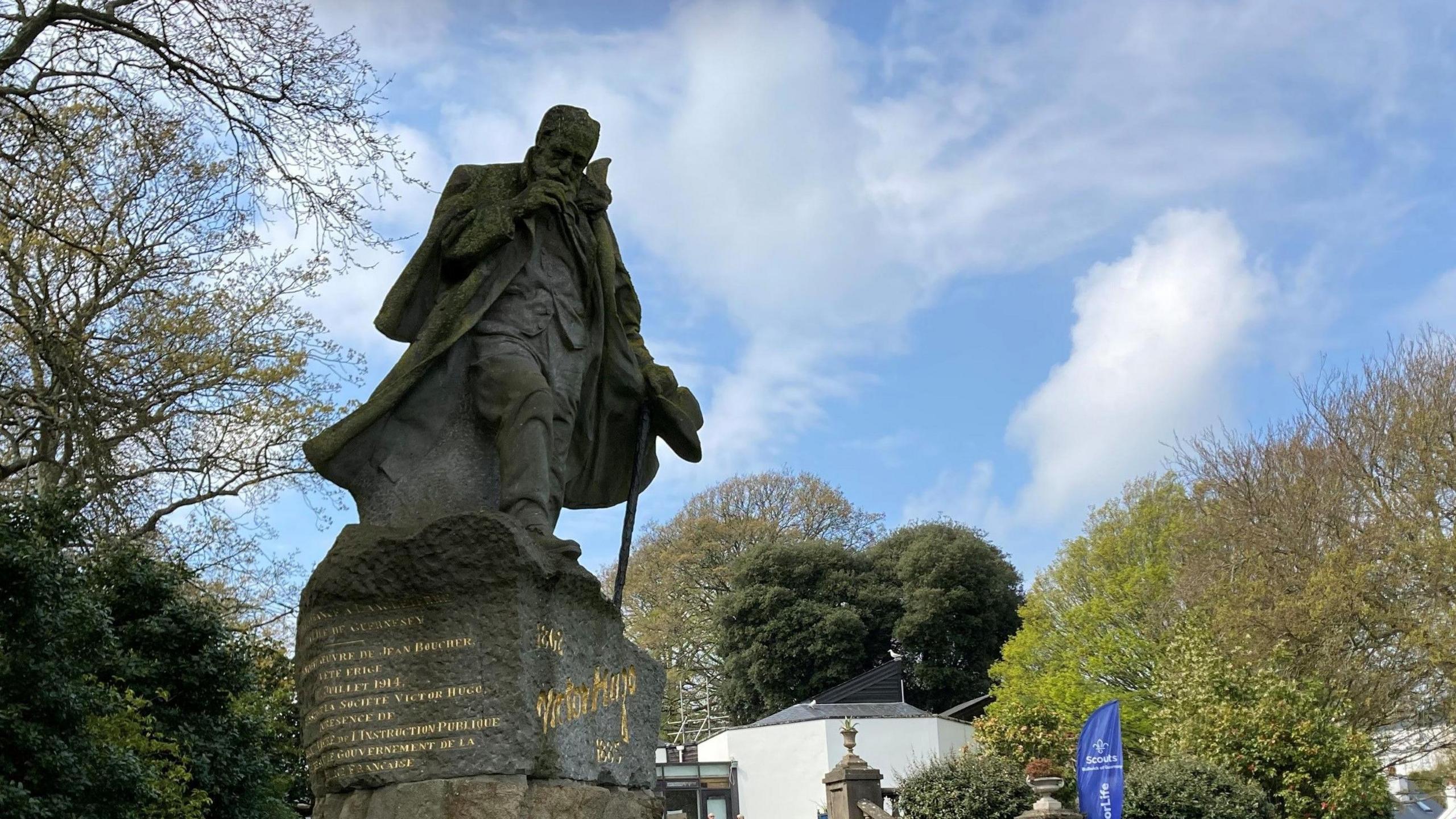Victor Hugo 'treated differently' by Channel Islands
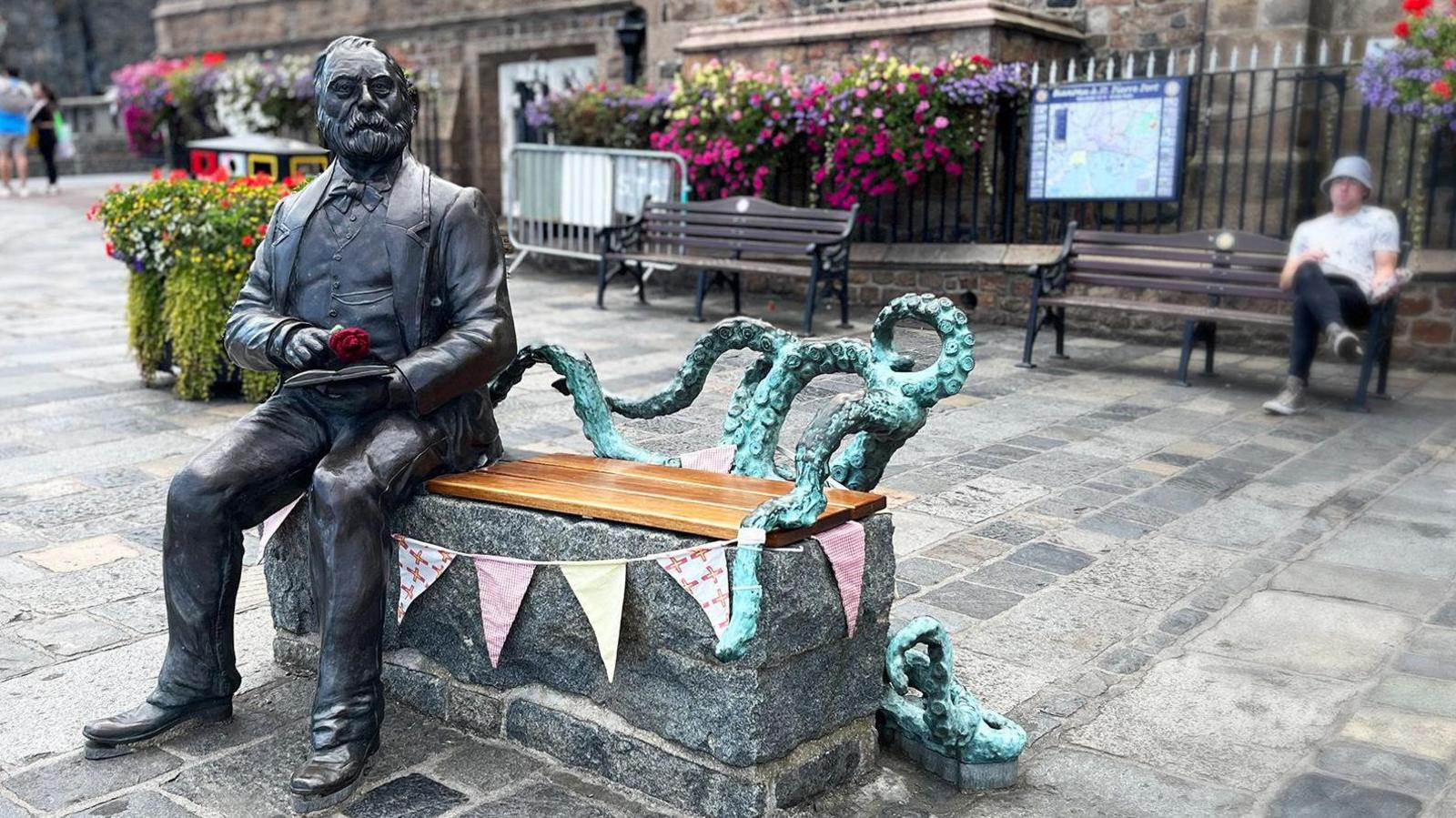
The people of Guernsey forgave Hugo's bohemian lifestyle because he was French, his biographer said
- Published
Les Misérables novelist Victor Hugo was treated very differently by the two Channel Islands he lived in, according to his biographer.
Hugo was exiled from his native France when Napoleon Bonaparte's nephew, later Napoleon III, seized power in a coup in 1851, according to literary scholar Graham Robb.
While he was greeted as a local celebrity in Guernsey, the population of Jersey treated him as a "potential threat to public order", Mr Robb said.
Mr Robb said the people of Guernsey forgave Hugo's "bohemian" lifestyle - he brought his mistress to the islands along with his wife and children - "because he was French".
Hugo eventually spent 19 years in the Channel Islands, writing some of his most famous works there, including finishing his masterpiece, Les Misérables, in Guernsey.
Mr Robb, author of a Whitbread Award-winning 1998 biography of Hugo, said the author had fled to Jersey via Belgium and London, after opposing the coup.
"When he arrived on Jersey, there were already a lot of suspicious, bearded, foreign-looking people who had fled from other revolutions," Mr Robb said.
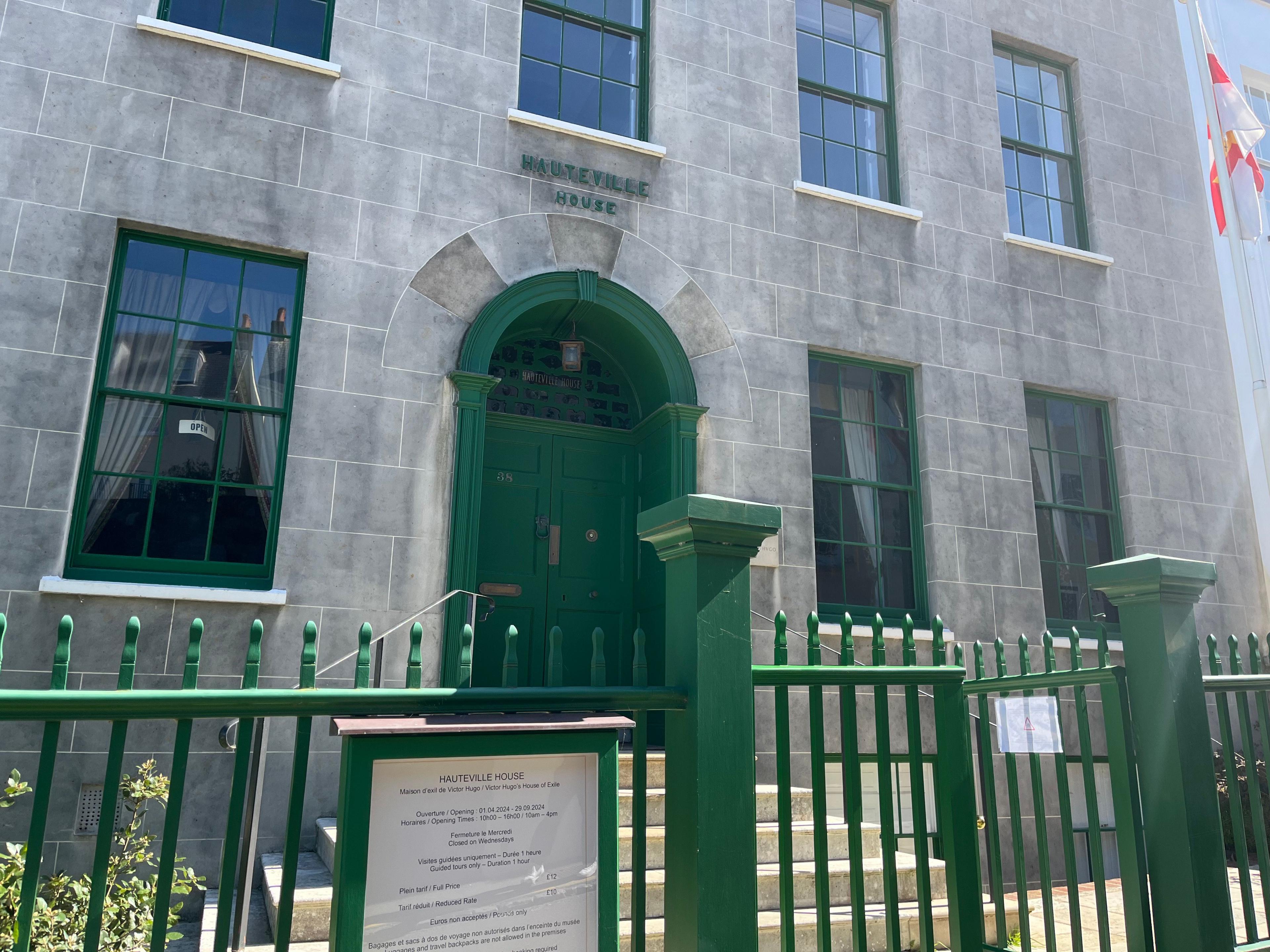
Victor Hugo wrote many of his most famous works in Guernsey, including the majority of Les Misérables
He said Hugo was "classed as a socialist, although he was very moderate" helping the Channel Islands become "seen as the beacon of international socialism".
Mr Robb said Hugo was seen as an "embarrassment" by locals, "who didn't want trouble", and the British government.
For his part, Hugo felt the Jersey people were more "prudish and English" than those of its smaller counterpart.
He believed locals looked down on him for getting his hair cut at a barber - which was not considered respectable - and for failing to wear his tie "in the correct fashion", Mr Robb said.
Spies and smuggling
However when he later moved to Guernsey, the novelist was greeted by "a quiet crowd of people waiting for him, when he sailed into St Peter Port".
Mr Robb said Hugo quickly became "quite a familiar sight", walking around the town and over the island for inspiration.
"You can see this bearded figure sitting on top of a rock, staring out at the ocean."
Locals reported seeing him throw screwed up sheets of paper out of the window of his Guernsey home, Hauteville House, when he rejected pages of his latest novel - Les Misérables.
Despite returning to France after 15 years on Guernsey, Hugo revisited the islands from time to time, Mr Robb said.
During his time on the islands, Hugo reported being spied on by agents from both England and France, a fact that Mr Robb was able to confirm from public records in London.
Mr Robb said: "He had a great time, really, smuggling out pages of Les Misérables."
He said people would bring Hugo "specially prepared boxes" to hide pages of his novels in, which were then smuggled out - in some cases by floating balloons over the Channel.
It seems to work quite well, smuggling," Mr Robb said, "It was almost one of his hobbies."
Follow BBC Guernsey on X, external and Facebook, external. Follow BBC Jersey on X, external and Facebook, external. Send your story ideas to channel.islands@bbc.co.uk, external.
Related topics
- Published17 July 2024
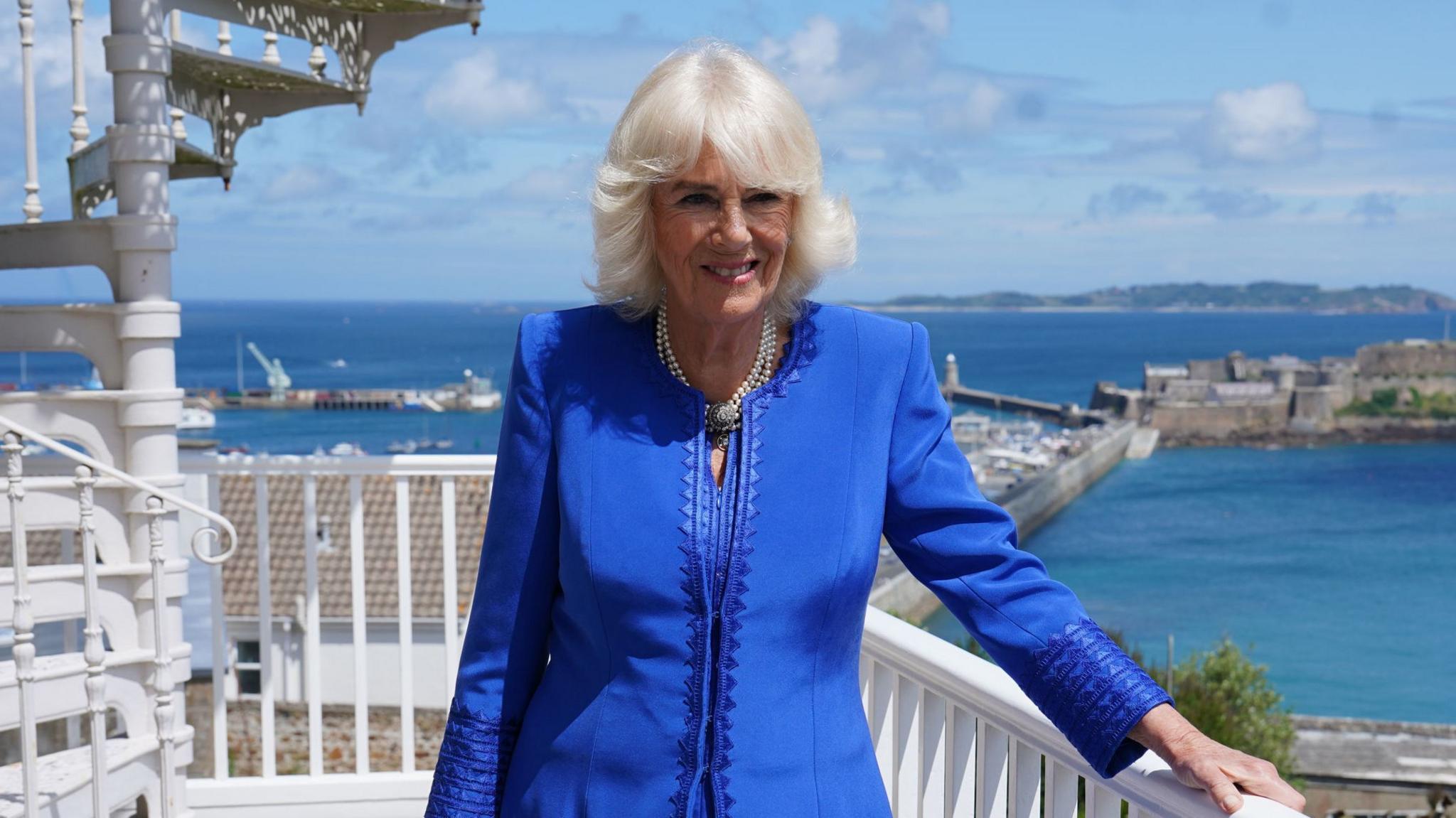
- Published9 August
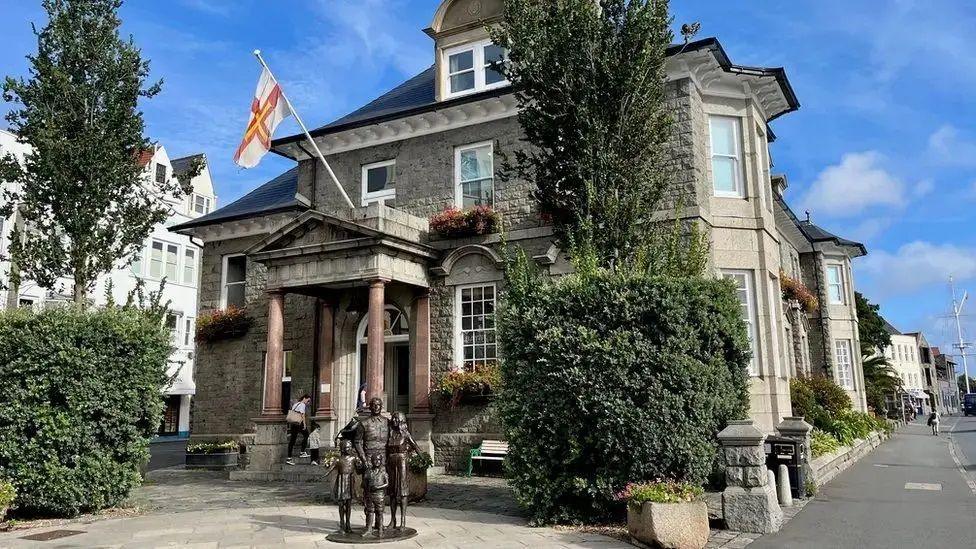
- Published17 May
